In partnership with Operation Stand Down Tennessee and the Jack C. Massey College of Business at Belmont University, members of the 160th and 5th Special Forces Groups at Fort Campbell immersed themselves in Nashville’s business community through the Career Recon program. The custom two-week program aims to connect service-members and veterans—a high-skill opportunity population—to potential careers in our region.
While their transition from the United States Army has just begun, this program used rigorous instruction and exposure to a multitude of local career opportunities to provide twelve service-members with the tools needed for a successful transition.
Meet Joshua Burch, a 26-year special forces combat veteran who recently completed Career Recon.
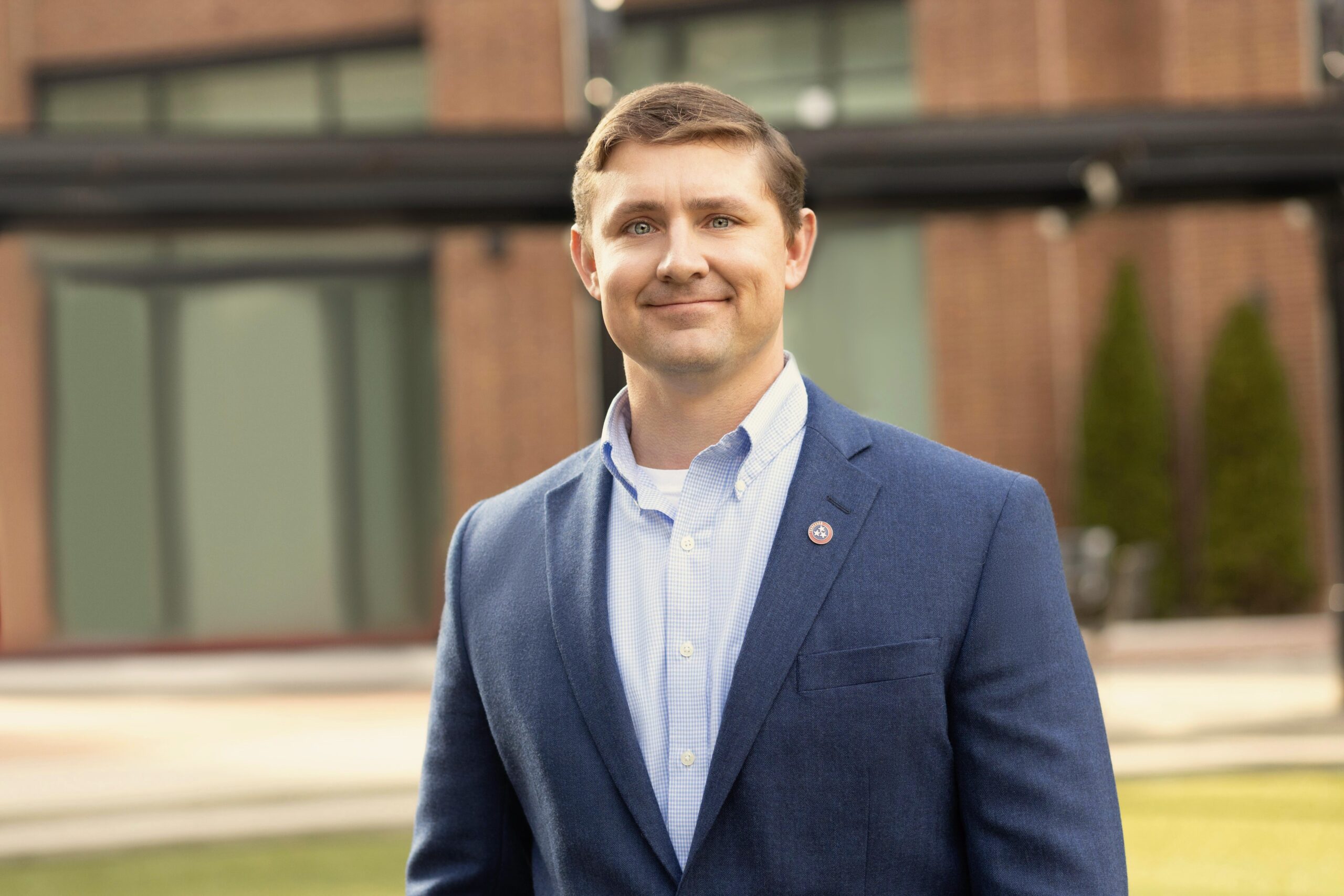
1. How did you come into military service and what was your experience like as a career special forces officer?
As a young teenager in Middle Tennessee, my grandfather, a former military man, had instilled in me a sense of patriotism and personal responsibility. So, right after high school, I enlisted in the military as a combat engineer and was soon recommended for Ranger School. Over the years, I had the privilege of working alongside some of the most dedicated and fearless men and women in our military. My journey culminated in a 26-year career as a Chief Warrant Officer 4 in the Special Forces, where I gained invaluable experience in leadership, teamwork, problem-solving, and cultural adaptability.
The Army’s unique approach to grooming all soldiers for leadership, from the lowest to the highest rank, left a lasting impression on me. This approach created a culture of mentorship and leadership that ensured every soldier was prepared to lead when called upon. My time in the military has instilled in me a deep sense of leadership and responsibility, and I am committed to bringing these qualities to my future endeavors.
2. What were your takeaways from Career Recon and how do you feel about your transition today, compared to before you started the program?
Well, my first takeaway is a sense of gratitude to the over 40 businesses and organizations who invested time, resources, and collaborated with one another to make this event possible – truly exhibits the eagerness of the community to serve others and why we are called the Volunteer State.
I would describe the effect Career Recon had as a condensed immersion experience into the business world. For a service member who knows they want to pursue a career in business, Career Recon helps them better understand the civilian job market and how to market themselves to potential employers. The program provided valuable resources and tools, such as individual strength assessments, resume writing assistance, and interview skills training, that helped me feel more confident in my transition. In addition to these invaluable resources, I also have a better understanding of how to communicate my military experience to employers and the value that veterans bring to the workforce.
3. What is one thing you’d like business leaders to know about hiring veteran talent?
I think it’s important for business leaders to understand that veterans bring a unique set of skills and experiences to the workplace. We are trained in leadership, teamwork, and problem-solving, and have experience working in low resource, high-pressure, and fast-paced environments. Veterans are adaptable, able to learn quickly, will strive to accomplish the mission making us an asset to any organization. I would encourage business leaders to consider the value that veteran’s ethos will add to their organization and ensure that efforts are made to recruit and hire them.
For the employer who already employs veteran talent, I’d encourage you to connect these employees with new veteran hires. This will provide your new employees with a trusted resource to help them navigate the civilian workforce. Hiring veteran talent provides your organization with natural leaders who have an ability to thrive in any situation.
4. What career opportunities are you looking to explore and how will your years of military training set you apart in the workforce?
My need to serve others didn’t separate from who I am as I folded up my service uniform for the last time. I will continue my service efforts to help my community, the State of Tennessee, and the soldiers who made me the man I am today. I recently accepted a position as an advisor to the Nashville Area Chamber of Commerce on veteran workforce initiatives and have also joined the Honor Foundation’s special operations transition support team. As Proverbs 27:17 says, ‘As iron sharpens iron, so one man does another.’
Special thanks to Joshua Burch, US Army Special Forces Retired, for sharing his experiences with Career Recon. Visit osdtn.org/recon to learn more.
